
Younger and fitter patients with relapsed/refractory multiple myeloma were more likely to receive bispecific antibodies in community oncology settings.

Your AI-Trained Oncology Knowledge Connection!


Younger and fitter patients with relapsed/refractory multiple myeloma were more likely to receive bispecific antibodies in community oncology settings.

Experts share updated results on investigational hematologic oncology regimens that they presented at the 2025 ASH Meeting.
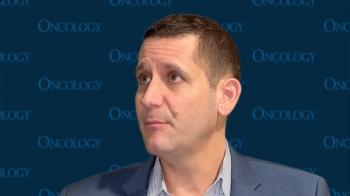
Mechanistic treatment benefits were observed in the phase 2 STEM trial for patients with multiple myeloma.

Alan Pliskin and Mary Kay Yamamoto discuss their journey through multiple myeloma treatment, emphasizing the importance of knowledge, positivity, and quality of life.
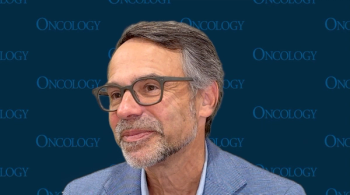
Data from a retrospective cohort study showed that one-fifth of patients with multiple myeloma received bispecific antibodies in rural community settings.

Being able to treat patients with cevostamab who have multiple myeloma after 1 to 3 prior lines of therapy vs 4 lines may allow for better outcomes.

The median OS among patients with triple-class–exposed relapsed/refractory multiple myeloma with or without EMD was 12.6 months vs 36.4 months.

Expert teams debate cutting-edge lung cancer treatments, exploring trial data and innovative strategies for improving patient outcomes in NSCLC and SCLC.

“The magnitude of clinical benefit was clinically meaningful and consistent, and was regardless of PIK3CA mutations or alterations in the PIK3CA pathway, duration of prior CDK4/6 inhibitors, including patients who progress within 6 to 12 months, and the choice of prior CDK4/6 inhibitors,” said Hope S. Rugo, MD.
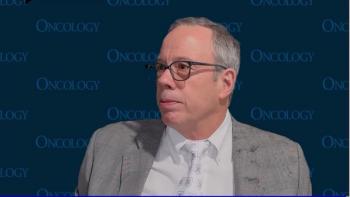
Using the monitoring of symptoms and quality of life platform may provide a quick and efficient system for patients to submit outcome data.
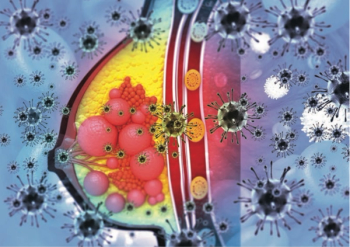
Data from the EMBER-3 trial support imlunestrant alone or in combination with abemaciclib as a chemotherapy-free treatment option.

QOL improvements were observed among AYA breast cancer survivors after utilizing a mobile health intervention.

Nuvisertib combined with momelotinib achieved a spleen volume reduction of 25% at week 24 and any given time in 50% of patients with relapsed/refractory myelofibrosis.

Data from the EPIK-B5 study support the use of alpelisib/fulvestrant in previously treated, HR-positive, HER2-negative, PIK3CA-mutated breast cancer.

Key presentations from the 2025 ASH meeting revealed potential therapeutic advances across leukemia, multiple myeloma, and lymphoma.

Data from the phase 3 AMPLITUDE trial support the approval of niraparib plus abiraterone acetate and prednisone for this metastatic CSPC population.

Estrogen alone was associated with a lower risk of BRCA-mutated breast cancer, according to data from an ongoing study.

Real acupuncture vs sham acupuncture produced more meaningful cognitive outcomes among patients with breast cancer.
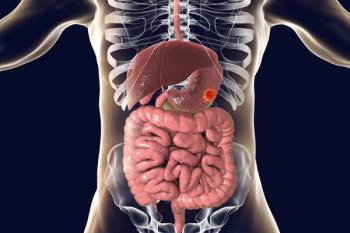
The COMPASSION-37 study is the second international registrational study for cadonilimab following an ongoing trial in hepatocellular carcinoma.

PRO data from the ASCENT-03 trial complement the meaningful PFS benefit observed with sacituzumab govitecan in advanced triple-negative breast cancer.

Results from the ARTEMIS-001 trial previously showed that the B7-H3–targeted ADC elicits deep responses in patients with ES-SCLC.

Discover the latest breakthroughs in non-small cell lung cancer treatment from the 2025 WCLC, featuring competitive insights from leading experts.

The 6- and 12-month PFS rates were 76.4% and 68.2%, respectively, in patients with relapsed/refractory multiple myeloma who discontinued treatment with teclistamab early.

Data may support the strong oncologic outcomes of less invasive surgical options for patients with node-negative disease after neoadjuvant chemotherapy.

With many treatments emerging in the EGFR-mutated lung cancer landscape, sequencing therapy has emerged as a key consideration for these patients.
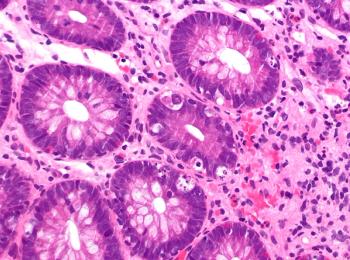
Across all dose levels of axatilimab, the 46-month OS rate was the 74.1% among patients with previously treated chronic graft-vs-host disease.

The FDA has given a PDUFA date of April 8, 2026, to the nivolumab/AVD regimen for stage III or IV classical Hodgkin lymphoma.
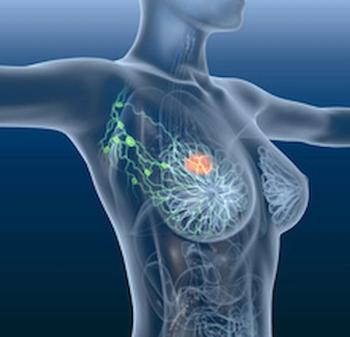
The 60-month local regional recurrence-free rate was 93.2% in the MRI arm vs 95.7% in the no MRI arm among patients with newly diagnosed breast cancer.

Findings from the P-RAD trial show encouraging rates of pathologic complete response among patients who received pembrolizumab plus radiotherapy.

The incidence and severity of AEs with eryaspase/chemotherapy was generally consistent with previous reports of chemotherapy alone in advanced PDAC.